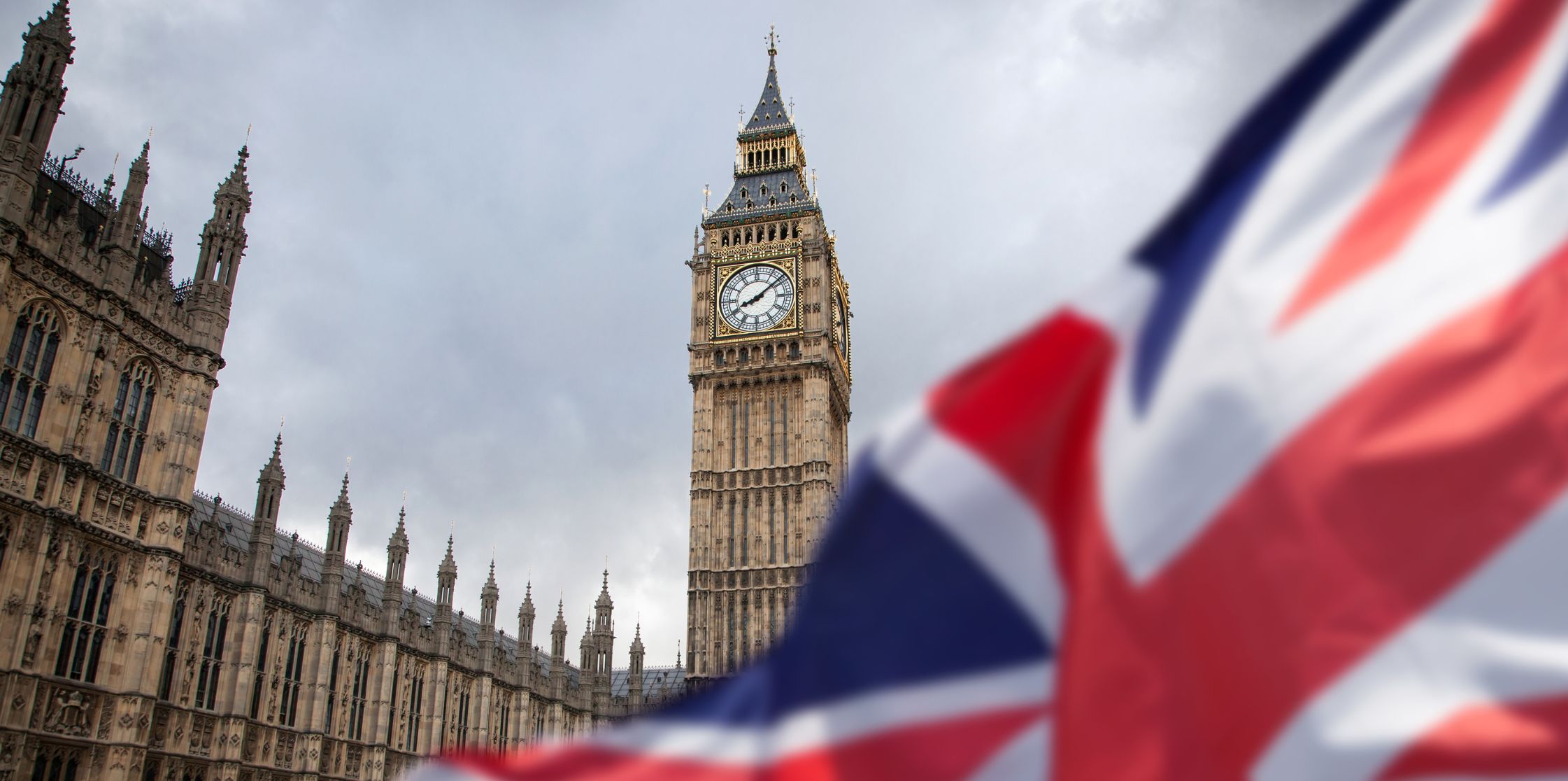To say that Brexit did not go as well as planned would be like saying you planned a ski vacation at St. Moritz but broke a leg on the bunny slope. Many have said it has been an unmitigated disaster, and today it seems to have few enthusiasts. And yet a majority of the UK voted to leave the EU when they were presented with a referendum that would see the UK disengage from the European Union.
There have been claims that the UK public was misled, that the Tories presented what looked like a rosy future but without all those pesky regulations—while still maintaining the UK’s status as a global financial hub. If it sounded too good to be true, it’s because it was too good to be true. Instead, the UK is short on vegetables, cannot sell its fish, and each wagon of goods is confronted with a wagonload of paperwork at each border crossing. In addition, many financial firms were forced, after Brexit, to relocate to the EU in order to offer services. And London in the meantime lost its primacy as the world’s top financial center to New York City.
One explanation for how millions of Britons voted for what has since been revealed as a damaging folly: they were bombarded with disinformation. Disinformation is the purposeful dissemination of known falsehoods. It is a more polite way of saying “lies”.
According to EU News, one of the biggest contributors to the successful “leave” vote was a campaign comprised of red transit buses painted with a slogan that suggested the UK sent 350 million pounds a week to the EU. This was simply never the case. According to the article, the UK statistical authority said “the continued use of a gross figure in contexts that imply it is a net figure is misleading and undermines trust in official statistics”. In layperson’s terms: “Yes it’s 350 but we get back a substantial amount of that from the EU through similar exchanges—so we are not losing 350M a week to the EU.” Not only that, but the rest of the slogan suggested the found money might be spent on the National Health. Of course, it never existed and was never spent on NHS.
Another big fish in the koi pond of disinformation was this cynical misstatement from tousle-haired half-Trump Boris Johnson: “We can take back control over UK waters, set our own fishing policies, and support our fishermen.” Again, it sounds rational and reasonable. But it was only technically true, because in the real world—the one where fishermen must sell their catch—fish that would otherwise have been sold to EU markets rotted on UK piers because of red tape and lack of easy access to traditional markets.
According to a June 22, 2023 article on Politico, fishing boat skipper John Clark says that many of his fellow fishermen feel like voting for Brexit was like “turkeys voting for Christmas” and that Brexit had been “a total con”.
Then there was the canard, again from the Leave contingent—heavily right-wing and as heavily populist/isolationist—that Turkey was about to join the EU and that therefore 77 million Turks would arrive in the UK in short order with guns and kebabs and calls to Muslim prayer. Of course, Turkey was nowhere near joining the EU, is farther from that now than ever, and was never to be part of the passport-free Schengen District in any case. So the Brexiteers played upon ancient fears of the Ottoman Empire and “the East” and all the trickery up those Asian sleeves that show up in so many nationalist tropes.
The Daily Express on October 18, 2016, ran a headline that said: “Cheaper Food After EU Exit”. Perhaps it was a miscalculation, but in light of all the above, one would tend to doubt it. Because in fact, food inflation in the UK post-Brexit is a stunning 19% per year, the worst performance in 45 years and the highest rate in Western Europe. It is claimed that the new paperwork associated with border crossings alone has added 6% to the cost of all food in the UK. There are vegetable shortages on the regular at UK stores. Prices have skyrocketed. Former Sainsbury’s CEO Justin King has been quoted as saying that the grocery and greenhouse sectors of the UK economy have been “hurt horribly” by Brexit and that formerly robust tomato-cucumber greenhouses in places like Kent have suffered and are largely empty post-Brexit.
We can establish that the Leave referendum was popularized through an organized campaign of disinformation. The wonder is that they got away with it long enough to get what they wanted, because frankly, to an outsider like myself, it never seemed a sound idea to start with. And now that the Tories are the proverbial dog that caught the car, it’s a wonder there isn’t greater unrest in the UK. This unforced error has left the UK poorer, more isolated, and less powerful than before.
According to Statista.com, 57% of UK respondents said Brexit was a mistake in November 2023.
So what were the Leavers after?
Brexiteers claimed they wanted decisions about the UK to be made in the UK—a rational enough reason. And even if Scotland might have found that an ironic way of putting it, this argument seems to have been convincing enough to win the referendum. At the same time, anyone with even rudimentary analytical skills might have pointed out the net negative effects of leaving the world’s largest market when there was little reason to do so except perhaps a dislike for foreign nannies. It wasn’t as if Britain were under the yoke of a dictator, or somehow suffering through a depression, nor could it be said that it was lacking resources in any regard, or at least not in any way that was the fault of the European Union.
In hindsight, it seems that a small, but vocal group of fringe libertarians managed to hijack the national narrative in pursuit of a less-regulated, low-tax economy, much as radical capitalists try to do everywhere. The underlying idea was that the EU represented a “nanny state” where regulations would stifle innovation and where Continental red tape and backwardness would somehow eventually turn Northern England into Southern Italy or some such nonsense. Of course, they knew this was not really a likelihood. But they could certainly plan to make killings in newly unregulated industries, and pay less taxes just like billionaires in America were getting to do.
Their high water mark was the ascendancy and brief tenure of Prime Minister Liz Truss, who lasted all of 44 days trying to implement their mad-lad plan for a free and unfettered economy. The Truss mini-budget included tens of billions of pounds in tax cuts as well as massive energy subsidies, and it immediately set off an economic crisis that crushed both Conservative poll numbers and the value of the pound. Soon the Tories reversed course, Truss was out, and the apotheosis of the Brexit-based free marketeer was over in the UK.
But because some bright finance and energy guys thought they saw a windfall in a public referendum, the UK left the EU, suffered, and now it’s too late. They must muddle along and make the best of a ho-hum situation. And with Scotland looking to join the EU somehow, Britain might start to look like Monty Python’s dark knight: limbless but still defiant.
A campaign of disinformation drove a major Western economy to drive itself into a ditch, probably for the sake of low taxes for billionaires and free government money to billionaires in the energy sector. Mission accomplished!
Let’s remember that the global cost of disinformation has been pegged at $75-$100 billion per year. And I am not even sure this number includes the losses associated with Brexit.
Disinformation is costly and can have ruinous consequences. Unfortunately lying has become the common coin among influencers of every stripe these days, and we are likely to see much more of it before we can regulate our way out of it. Brexit is a prime example of what can happen when disinformation becomes the ruling narrative.
Verity7 pioneers truth in media, arming organizations against disinformation. We assess threats, train through Prevency’s SaaS module, and provide a clear roadmap for preparedness. Elevate your resilience with Verity7 – where truth meets action.





